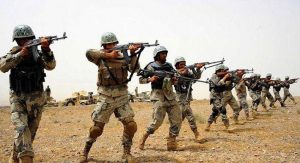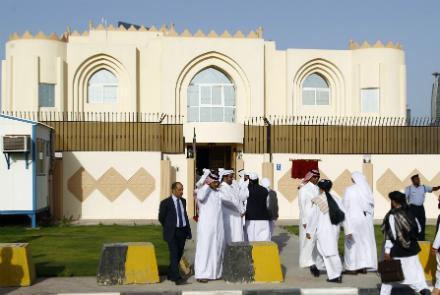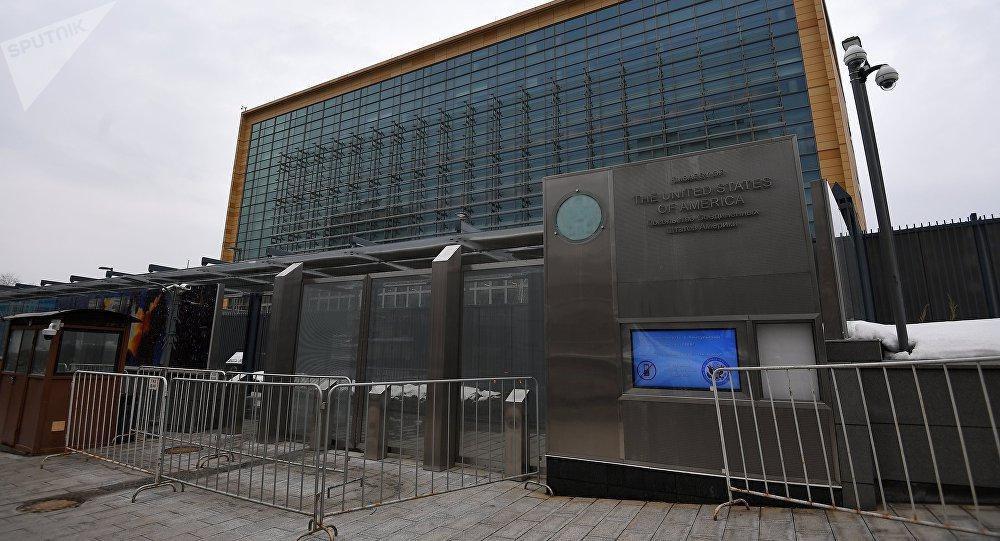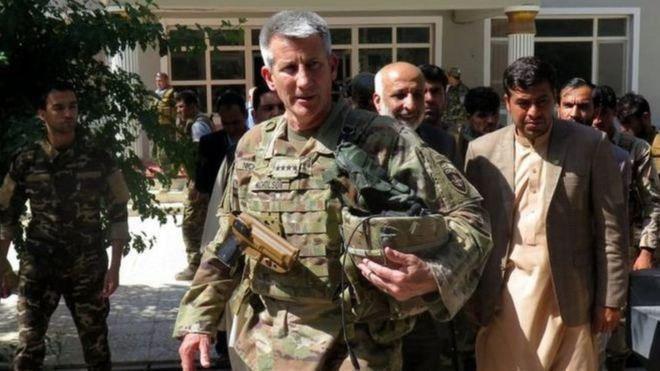Afghanistan’s main problem not at front line

The troop-increase proposal that Trump has received from American generals would not prevent such events. The plan calls for several thousand more American troops and an indefinite U.S. financial commitment, of more than twenty billion dollars per year, to strengthen the Afghan security forces and roll back Taliban gains. More troops, more training, more bombing, and more money might budge the front lines, but the main problems are not at the front but in the rear—in the political divisions in the Afghan government, in the sanctuary the Afghan Taliban have enjoyed in Pakistan, and in the hostility of many regional countries to the U.S. presence.
More troops, in the absence of an effective diplomatic strategy, could make Afghanistan less rather than more stable. General John Nicholson, the top American commander in the country, said that the additional troops are needed “to maintain a regional counterterrorism platform” in Afghanistan. This might sound unthreatening to Americans, but it sounds different in the region. Washington used counterterrorism as a rationale for regime change in Iraq and other interventions. American bases in Afghanistan enable the U.S. to enhance electronic surveillance of neighboring countries. Tensions between Washington and regional powers are rising. Nicholson recently accused Pakistan, Iran, and Russia of providing various types of support to the Taliban, and those countries might increase their aid to the Taliban, and other countermeasures, in response to a U.S. escalation that they suspect may be aimed at them. Quoted from (New Yorker).
The U.S. can do relatively little to resolve Afghanistan’s domestic political conflicts. Competition among regional powers has escalated the stakes and violence of those conflicts, however, and a sustained diplomatic effort, coordinated with military and economic aid, might be able to deescalate them, which would facilitate efforts to secure Afghanistan from international terrorists.
The best chance of changing Pakistan’s policy of harboring the Afghan Taliban is through partnership with China, which now has far more influence in Islamabad than does the U.S., thanks to its massive infrastructure projects there. The convergence of interest among the U.S. strategic partners India and Afghanistan, the U.S. ally Japan, and the U.S. adversary Iran provides multiple opportunities for deal-making that will be lost if the Trump Administration adopts a policy centered on putting more U.S. troops in Afghanistan and reflexive hostility to Iran.






